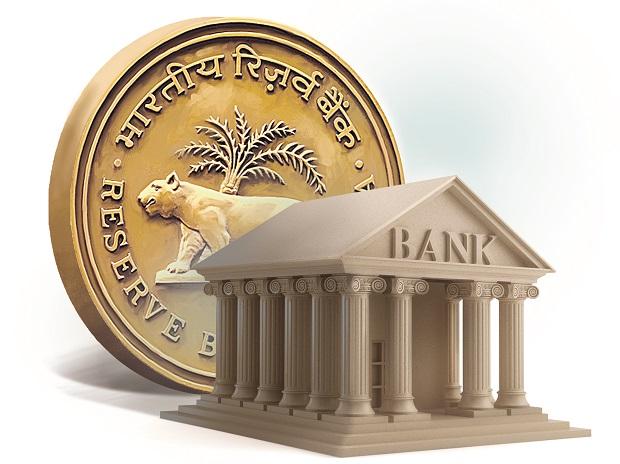[ad_1]
The Reserve Bank of India (RBI) on Friday said the banking sector remained resilient in terms of its assessment, and bank exposures to companies were well within norms.
This came amid concern over lenders’ financial health due to the stock rout in the Adani group.
“There have been media reports expressing concern about the exposures of Indian banks to a business conglomerate. As the regulator and supervisor, the RBI maintains a constant vigil on the banking sector and on individual banks with a view to (maintaining) financial stability,” the RBI said.
The banking regulator’s statement, however, did not mention the Adani group, which lost Rs 9.1 trillion in market capitalisation after US-based short-seller Hindenburg Research’s report last week accused it of stock manipulation and accounting fraud.
Banks have an exposure of Rs 80,000 crore to the conglomerate, with State Bank of India leading the pack with Rs 27,000 crore.
On Wednesday, the regulator asked banks to give information about their outstanding exposure to the group and the sanctioned amounts.
“As per the RBI’s current assessment, the banking sector remains resilient and stable. Various parameters relating to capital adequacy, asset quality, liquidity, provision coverage and profitability are healthy. Banks are also in compliance with the Large Exposure Framework (LEF) guidelines issued by the RBI,” the statement said.
According to the RBI, the Central Repository of Information on Large Credits (CRILC) database system, where the banks report their exposure of Rs 5 crore and above, is used for monitoring.
Dinesh Khara, chairman, State Bank of India, said the bank’s loans to the group were 0.88 per cent of its total, which was around Rs 31 trillion.
The loans are backed by tangible assets and cash flow, and the bank has not extended any loans against shares, Khara said in a media interaction while announcing the October-December earnings.
“This covers everything, including letters of credit, bank guarantees given for performance, and small investment of Rs 285 crore,” Khara said.
“We do not envisage any kind of challenge in terms of their ability to service their loan obligations. As for market prices of stocks it would neither impact margin calls, nor affect loans they have taken from SBI,” Khara said, adding the group had an “excellent track record” for repayment in the past.
Another large public-sector lender, Bank of Baroda, has an exposure of around Rs 5,500 crore, said Sanjiv Chadha, managing director and chief executive officer.
Another public-sector lender, Punjab National Bank, has said it has an exposure of Rs 7,000 crore to the Adani group.
Broking firm CLSA said the ballpark exposure of private banks to the group was 0.3 per cent of FY24 loans and 1.5 per cent of FY24 net worth.
“For PSU banks, the exposure is 0.7 per cent of FY24 loans and 6 per cent of FY24 networth,” CLSA said.
[ad_2]
Source link



